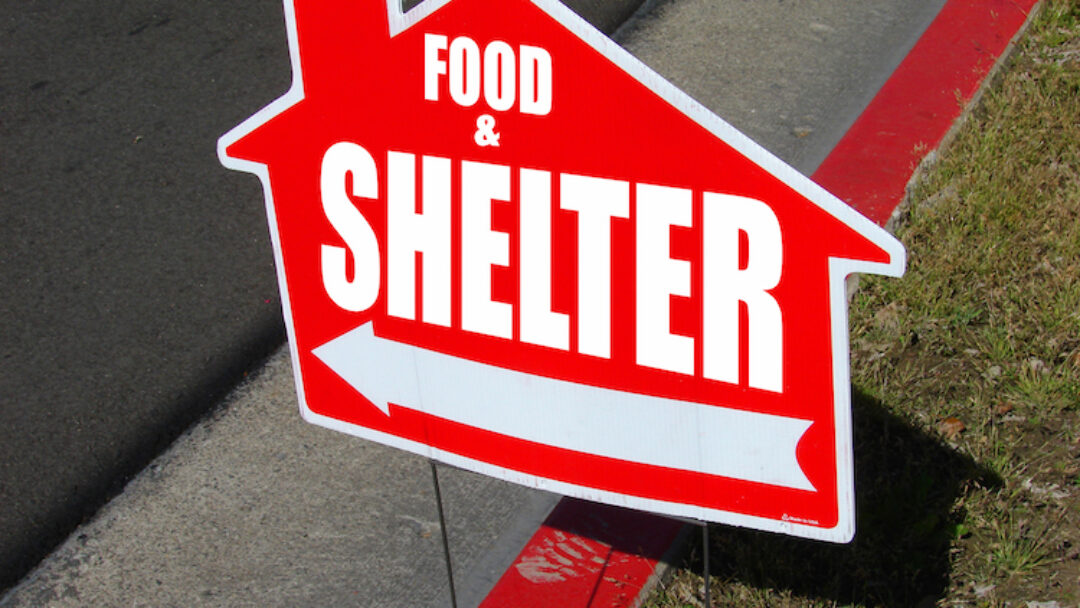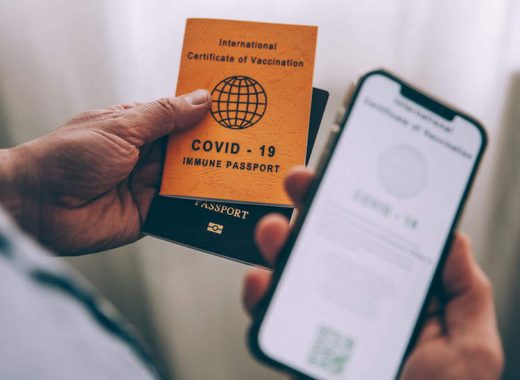The Maricopa County Board of Supervisors approved more than $23 million in funding to operate 250 bridge shelter units across four converted hotel properties through June 30, 2024. The funding provides a two-year extension to sheltering and case management services for individuals, couples, and their pets to support their exit from homelessness.
The 250 housing units include the addition of 125 new spaces that are available due to the conversion of a hotel previously used to provide isolation housing for people experiencing homelessness who were ill with COVID-19. As the public health emergency declarations expired at the end of March, and as vaccines became widely available, the County considered alternative uses for the property. The Maricopa County Board of Supervisors approved the plan to convert the hotel from an emergency pandemic use to bridge housing to address the severe housing shortage in the region.
“When the Board approved the funding to convert a COVID isolation hotel into temporary housing, we knew that it would not only get hundreds of people out of a life-threatening crisis situation, but it would also give them the resources and stability to find long-term housing security,” said Board of Supervisors Chairman Bill Gates, District 3. “We know this because we’ve seen bridge housing programs help nearly 700 people in our county transition from homelessness to permanent housing–an 80% positive exit rate.”
During their stay at bridge housing, residents receive three meals per day as well as case management services. These services may include support in obtaining identification, employment services, and even connection to community partners that can assist with professional wardrobes and home furnishings. Daily operation of the hotels, integrated behavioral healthcare, and case management services, are provided through agreements with Community Bridges, Incorporated, the Human Services Campus, and Native American Connections.
“During the summer, access to shelter is essentially important and quickly becomes a life and death issue as temperatures soar above 100 degrees,” shared Human Services Director Jacqueline Edwards. “Maricopa County’s bridge housing program works in conjunction with other County homelessness initiatives, such as Hand in Hand, to offer safety and stability so people can receive comprehensive services and transition into permanent housing.”
One couple credits the access to this housing as a lifesaver. Gina and John had been experiencing homelessness in the far West Valley and feared that due to fragile health, they would not survive the summer heat. With no access to transportation, relief services in downtown Phoenix seemed unreachable. It was at this point they came into contact with the County’s Hand in Hand program. Hand in Hand provides staff to perform street outreach to people experiencing homelessness in unincorporated areas of the county in the East and West Valley. Within hours, the couple went from living in alongside a roadway to having their own unit at the bridge housing hotel. Today, Gina and John and their pet bird have been placed in a permanent housing unit and have been able to reestablish connections to income, benefits, and healthcare with their new permanent address.
Maricopa County’s bridge housing programs lead to a rate of 80% positive exits, meaning clients move on to permanent housing options. From the beginning of the pandemic to date, the bridge housing hotel properties have helped 659 people exit homelessness.
To ensure that homeless service providers are prepared to manage clients experiencing COVID symptoms and illness, the Maricopa County Human Services and Public Health Departments collaborated to offer training, resources, and supplies to their staff. Since then, homeless service providers have also had time to develop protocols, build their supply of necessary personal protective equipment, and make any needed facility accommodations to effectively support clients with COVID-19.
The funding for this bridge housing project comes from the federal American Rescue Plan Act (ARPA). Bridge housing is one of many approaches that Maricopa County is pursuing as part of its $83.3 million investment to address homelessness and its $65 million investment to address the need for more affordable housing. Other actions taken to support Maricopa County residents have included:
- Delivering more than $125 million in emergency rental, utility and legal assistance to help prevent evictions
- Adding more than 350 permanent beds to the regional sheltering system
- Providing up to 200 beds for heat relief from May through October 31
- Growing the stock of affordable rental housing by more than 1,000 new units
- Facilitating homeownership with down payment assistance for 140 future low-income buyers
- Increasing the number of newly constructed affordable single-family homes by 128
For more information on the assistance that is available and making a positive impact for people in Maricopa County, visit Maricopa.gov/Rescue.








